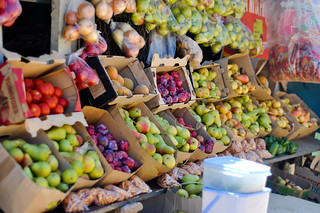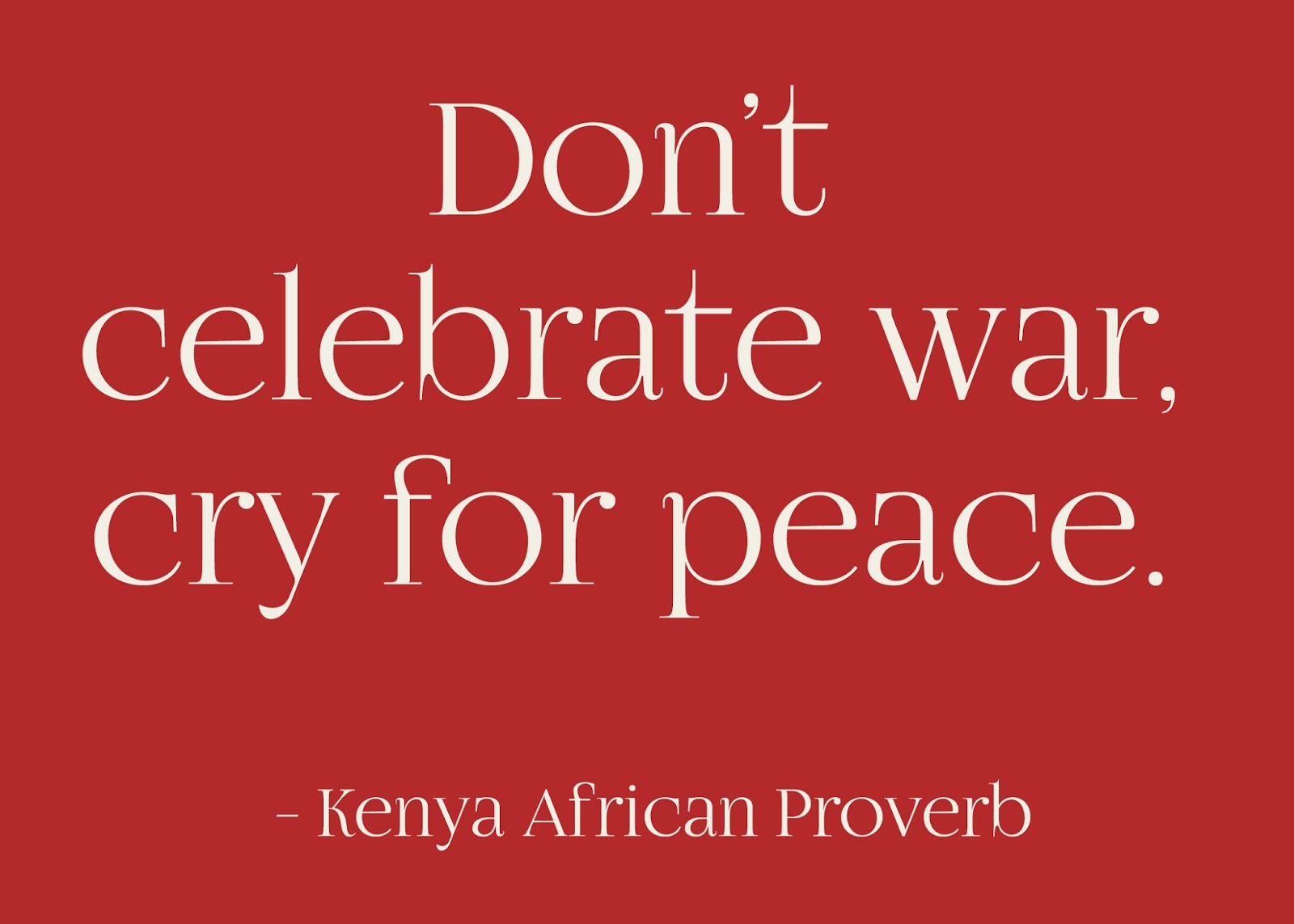Why Africa Is Rich in Land but Poor in Organization
Why Africa Is Rich in Land but Poor in Organization
Africa is huge and resource-rich — but decades after independence, it still struggles to turn land wealth into strong, organized economies. Here’s a frank look at why.
Why say Africa is rich in land?
Africa holds over 60% of the world’s uncultivated arable land, vast forests, deserts filled with oil and minerals, and coasts longer than Europe’s and North America’s combined. Physical wealth is not the issue.
Why glorifying Africa’s past kings and queens can be misleading
Global culture loves to romanticize Africa’s golden ages — the gold-laden Mali of Mansa Musa, the grandeur of Great Zimbabwe, the queens of Nubia and Egypt. These stories inspire pride but also create a dangerous illusion. Modern Africa does not live in those empires’ wealth. Gold and diamonds are not lying around ready to pick up. Today, extracting resources requires deep mining, advanced infrastructure, and strong governance — things many states still struggle to coordinate.
Is historic wealth the same as the wealth families need today?
No. Modern Africa does not live on past empires’ wealth. Mansa Musa’s gold caravans or the royal courts of Great Zimbabwe showed historical power and luxury, but that wealth did not create lasting systems that feed families today. Pride in past kingdoms is valuable, but it can create a disconnect: celebrating ancient riches while ignoring weak land rights, fragile markets, and poor governance. A farmer in Mali or Ghana cannot pay school fees with memories of gold. Real prosperity now depends on organized land systems, functional markets, and strong institutions — not royal history.
If the land is so rich, why are economies fragmented?
Colonial borders sliced through long-standing trade networks and ethnic regions. Economies were built to ship out raw resources rather than connect internally. After independence, many governments inherited weak institutions and patronage systems, leaving farms and industries uncoordinated.
Is corruption the main reason?
Corruption matters, but the deeper issue is institutional weakness. Land registries fail, infrastructure planning is erratic, and policies change with every administration. Long-term investment feels risky.
Why can’t farmers and businesses just organize themselves?
Many try but face roadblocks: unclear property rights, lack of affordable credit, and overlapping local authorities. Some elites benefit from keeping systems informal, trapping small farmers in subsistence cycles.
Does foreign demand make the problem worse?
Often yes. It’s easier to export raw cocoa, oil, or copper than to build local processing plants. Multinationals lock in large land deals while local producers remain fragmented and undercapitalized.
Are traditional systems to blame?
Traditional land tenure protects families but discourages big investment. When chiefs or elders allocate land informally, investors fear disputes. Reform is politically delicate but necessary.
What about initiatives like AfCFTA?
The African Continental Free Trade Area could integrate markets and build regional supply chains. But it requires roads, ports, harmonized rules, and less protectionism — areas where coordination has long been weak.
Is population growth helping or hurting?
Both. A young, fast-growing population could drive development, but without organized land use, industry, and planning, it adds urban sprawl and food insecurity rather than prosperity.
What can change this cycle?
Transparent land rights, cross-border infrastructure, strong cooperatives, less rent-seeking, and genuine AfCFTA implementation could finally turn land wealth into lasting prosperity.
































